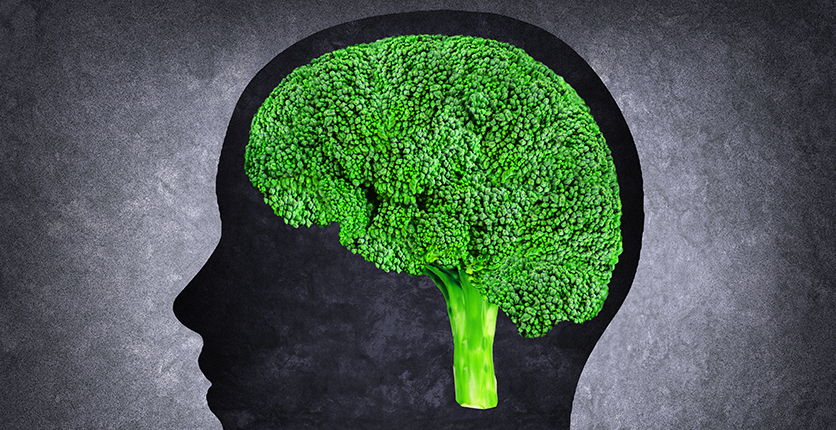Intermittent fasting has become a trendy way of eating as it’s said to help with weight and body fat loss, aid with food cravings, lower blood insulin and sugar levels, improve mental clarity, increase energy, lower blood cholesterol, and even reverse Type 2 diabetes. But how can you fast successfully, and are there any dangers associated with going without food for an extended period of time? Nutritionist Sheeba Majmudar gives us the low-down on this diet regimen.
Q: What is intermittent fasting (IF) and does it work for weight loss and issues like diabetes and overeating?
Sheeba: IF is when you do not eat anything for more than 15 hours within a 24-hour period – this means you only consume your calories during a specific window of the day. If your only goal with IF is to lose weight then I advise caution because, depending on what you eat, weight loss may not occur.
IF can be effective if you’re using it to control your calorie intake and balance your hormone and insulin levels – clinical results have shown that it can improve insulin resistance, regulate diabetes and manage hormonal imbalances due to insulin resistance. Something to note, though: it seems to deliver better results for men than women because men have higher androgen levels and IF appears to benefit their metabolism more.
Q: Would you recommend IF to someone who experiences mild gastric attacks, and are there any health risks associated with IF?
Sheeba: If you have gastric issues, there are a couple of ways around it. For instance, taking an antacid product can alleviate the discomfort, but if you want a better, long-term solution, you can build up to the number of hours of fasting that you require.
There are no real dangers associated with IF, but if you do high-intensity cardio workouts, then your body may need additional carbohydrates for energy. Limiting the number of intense workouts and activities you do during your fasting hours is therefore a sensible approach.

Q: When we do eat, the meals should be substantial. How can we make them nutritious yet filling?
Sheeba: Maximise your nutrient intake during each meal. This means sticking to whole, unprocessed, unrefined foods and avoiding anything that’s over-processed. It’s also smart to include high-fibre foods. Eating only unprocessed foods will also help with weight loss, if that is your goal.

Q: What’s the most effective IF schedule? Advocates promote a 16:8 schedule, where you fast for 16 hours; alternate-day fasting, where you eat every other day; and the 5:2 schedule, where you eat healthily for five days and eat whatever you want for two days.
This depends on your lifestyle and what your body can handle, but for minimum effectiveness, you should fast for 16 hours.
Q: I still get lethargic halfway through the fasting period. Is there a way to stay more alert and active during this time?
Sheeba: Caffeine in the form of tea or coffee is allowed – just don’t add anything else like cream or sugar to it. This can keep you going for longer but once you break your fast, start your meal with fresh fruit.
Q: Is IF sustainable in the long term? Also, what are some mistakes people commonly make with this way of eating?
Sheeba: Since you’re only skipping one meal with IF, it’s easy to adapt to the schedule in the short or long term.
Some common mistakes include doing high-intensity cardio exercises during the fasting hours, not drinking enough water, or thinking that being constipated is a natural side effect of IF. It’s important to have regular bowel movements, and the best way to do that is to drink plenty of water and break your fast with fruit instead of something heavy and unhealthy. You should also eat whole, fibre-rich foods.
If you have gastric problems, avoid drinking tea or coffee on an empty stomach as this only creates more acidity.
Another mistake with IF is thinking that it’s a licence to eat whatever you want during your non-fasting hours. Whether you’re intermittent fasting or not, every food choice makes a difference, so it’s a good idea to stick to wholesome foods, because in the long run, these are just better for your body.
Note: Please consult your physician before starting on an intermittent fasting plan.
Have you tried intermittent fasting? Share your experience with us at magnsman@sph.com.sg!











